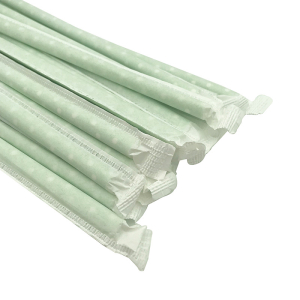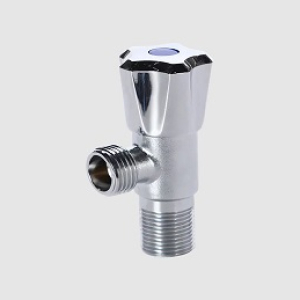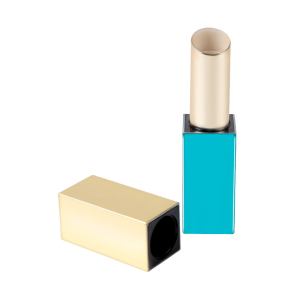Rubber stoppers for blood collection tubes are designed for ease of use. Healthcare professionals need to be able to insert and remove these stoppers quickly and efficiently during blood collection and testing procedures. The elasticity of rubber allows for smooth insertion and removal without compromising the seal. This user-friendly design is especially valuable in busy clinical settings, where speed and accuracy are paramount. Rubber stoppers ensure that blood collection tubes can be handled with confidence, even under time pressure.
Durability is another important characteristic of rubber stoppers for blood collection tubes. These stoppers must withstand various conditions, such as temperature fluctuations, pressure changes, and exposure to chemicals. High-quality rubber stoppers are crafted to be durable and resistant to degradation, ensuring that they maintain their reliability over time. This durability contributes to the overall safety and stability of blood collection processes, reducing the need for frequent replacements and minimizing the risk of failures.
Safety is a top concern in medical settings, and rubber stoppers for blood collection tubes play a role in ensuring it. Blood samples can contain infectious agents or hazardous substances, making it crucial to contain them securely. The leak-proof design of rubber stoppers reduces the risk of exposure for healthcare workers and prevents spills that could lead to contamination. This safety aspect makes rubber stoppers a trusted component in hospitals, clinics, and laboratories worldwide.
Rubber stoppers for blood collection tubes also contribute to accurate test results. Blood samples must remain uncontaminated to ensure reliable test outcomes. A compromised sample can lead to incorrect diagnoses and inappropriate treatments. By providing an airtight and leak-proof seal, rubber stoppers help preserve the sample's integrity, allowing laboratory technicians to conduct tests with confidence. This reliability is crucial for patient care and maintaining trust in the healthcare system.






